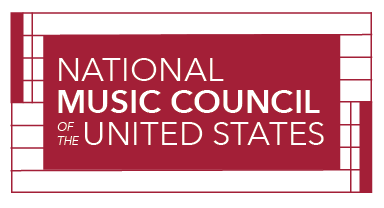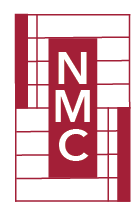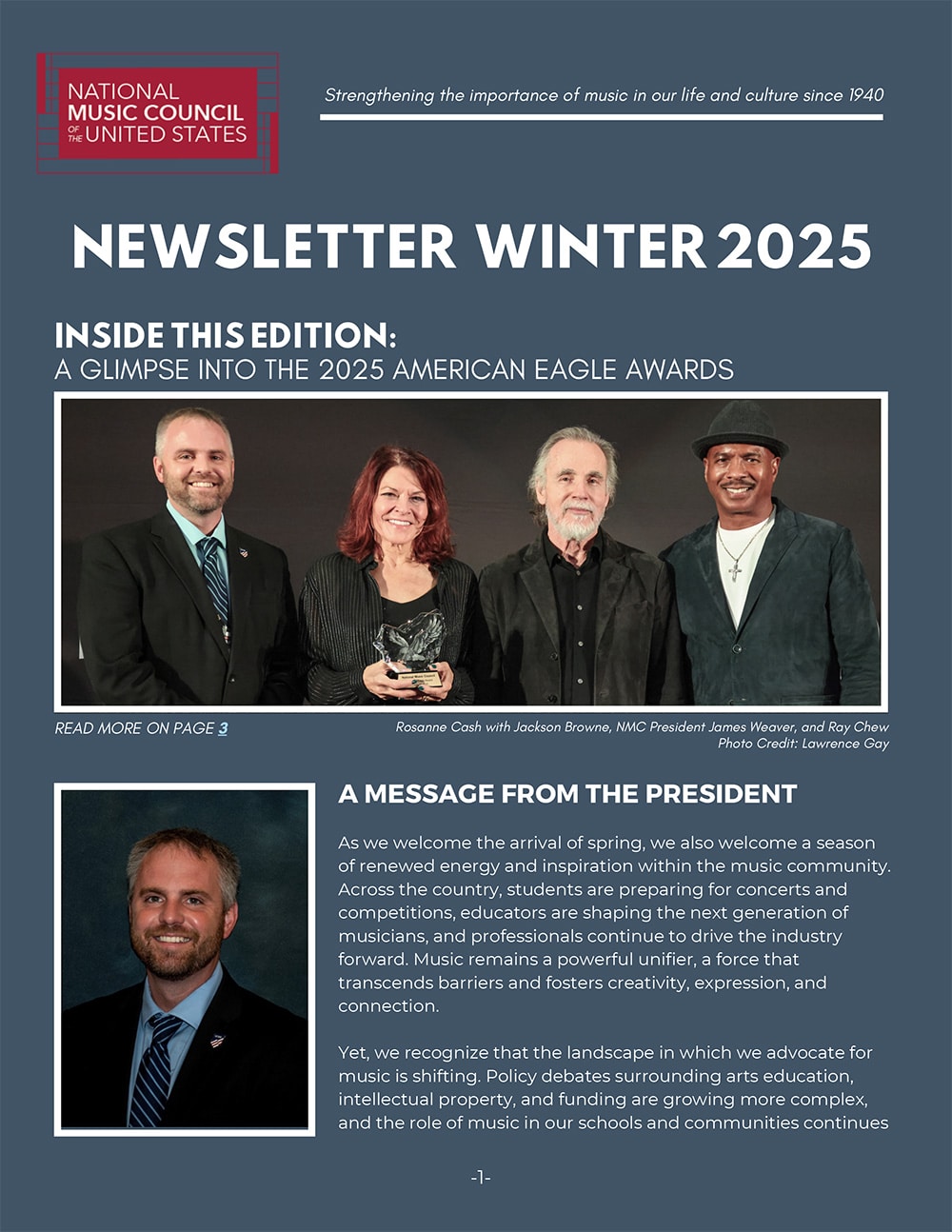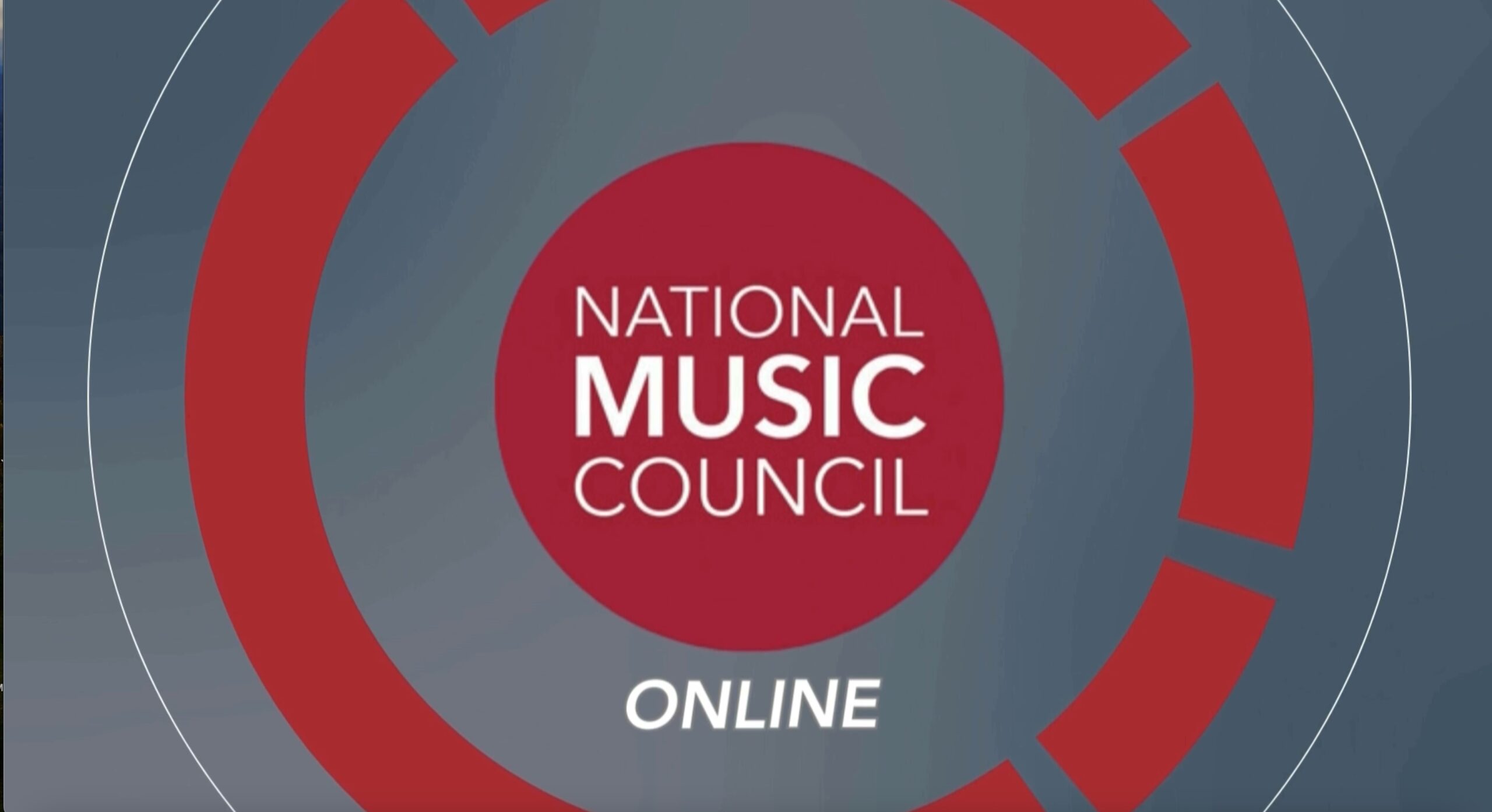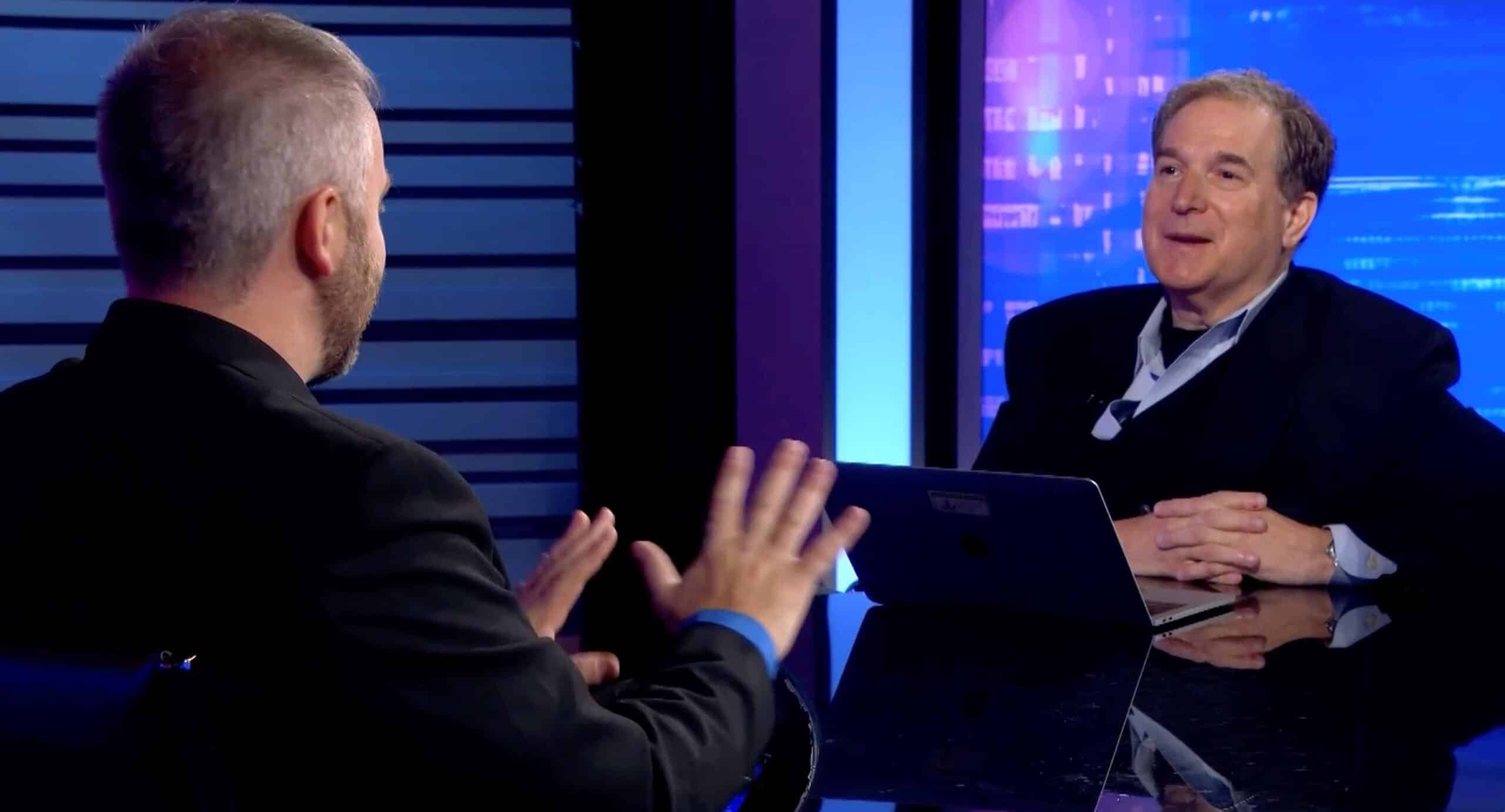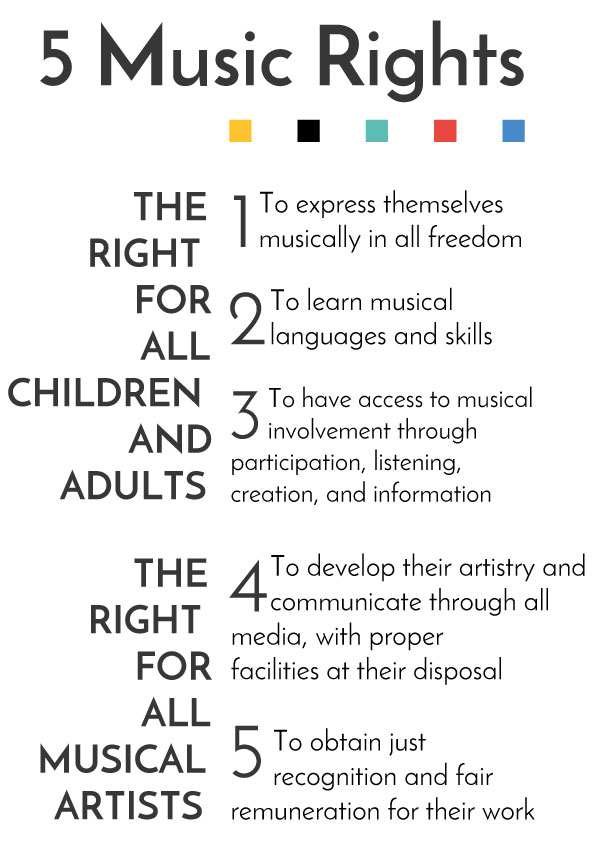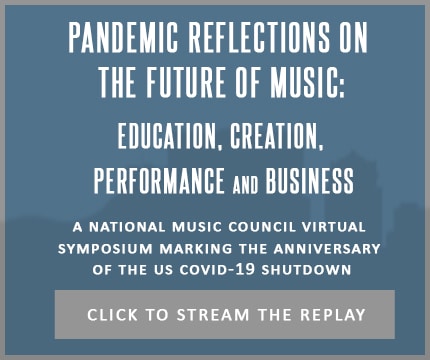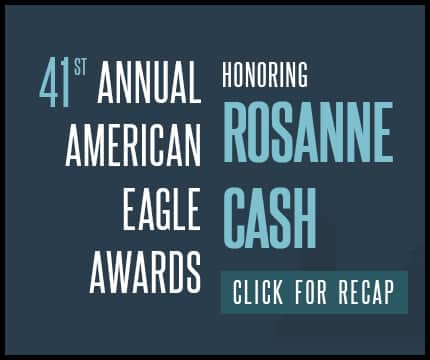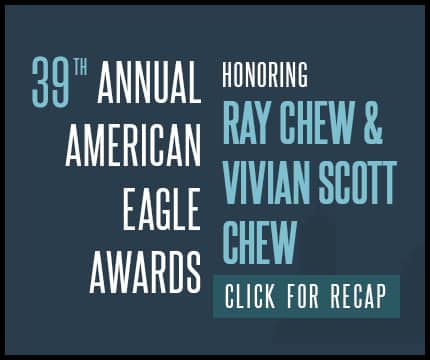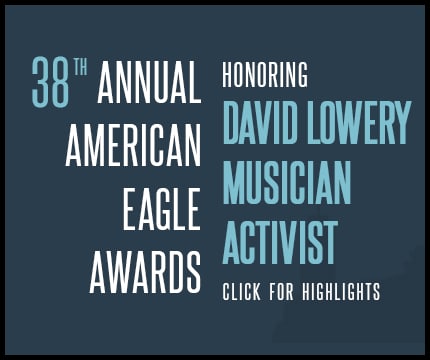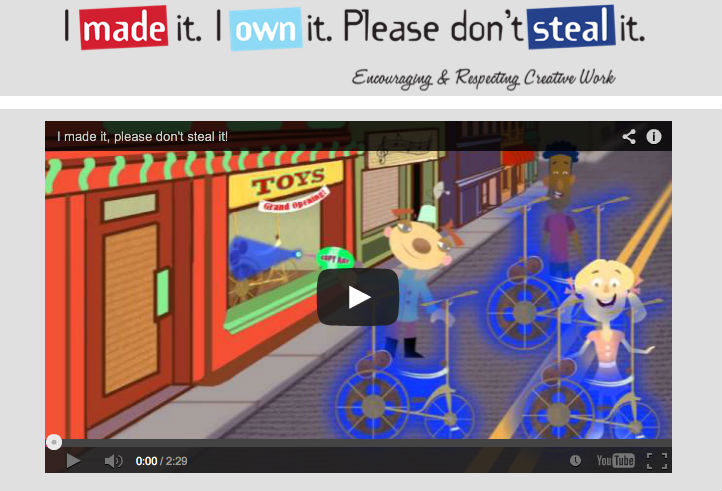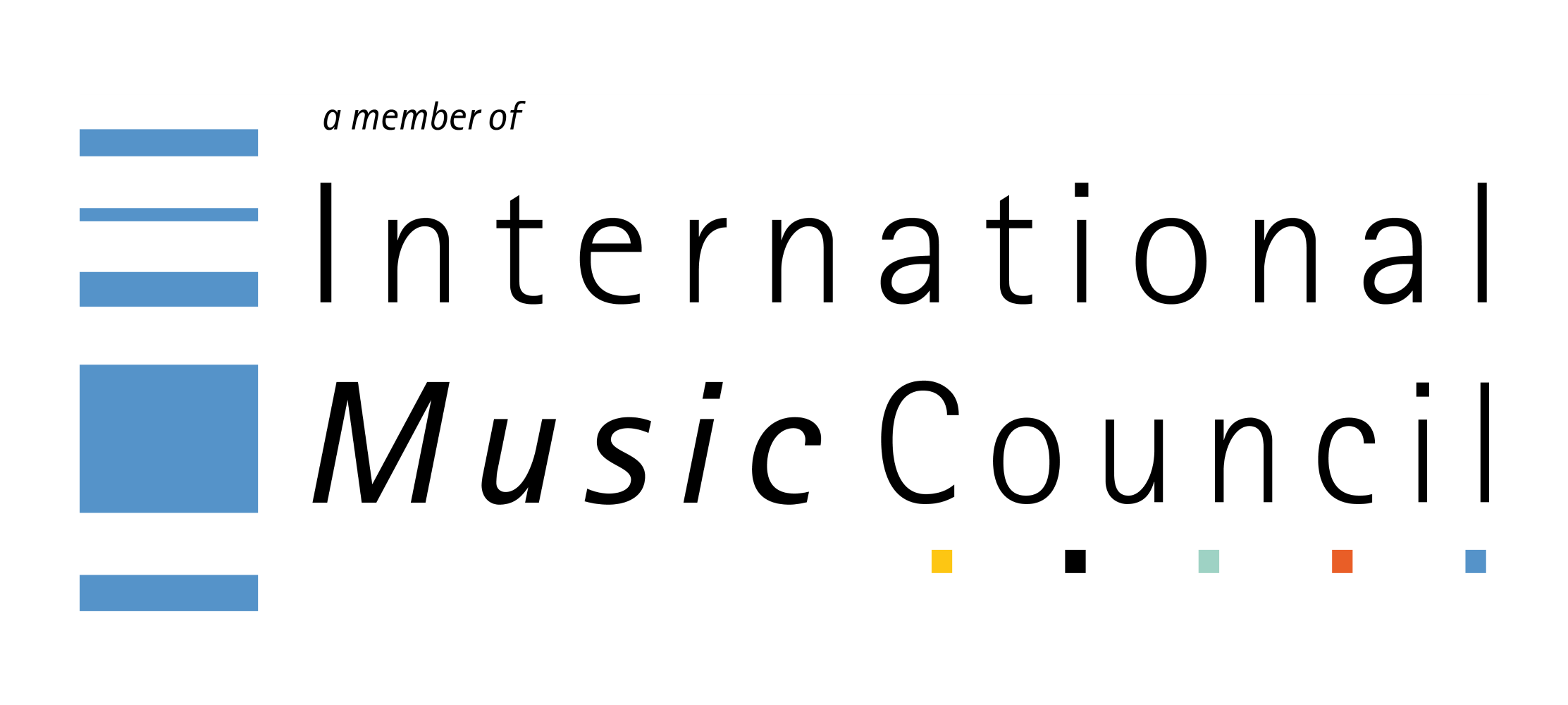Arts Advocacy Day 2018 March 12th – 13th Washington, D.C.
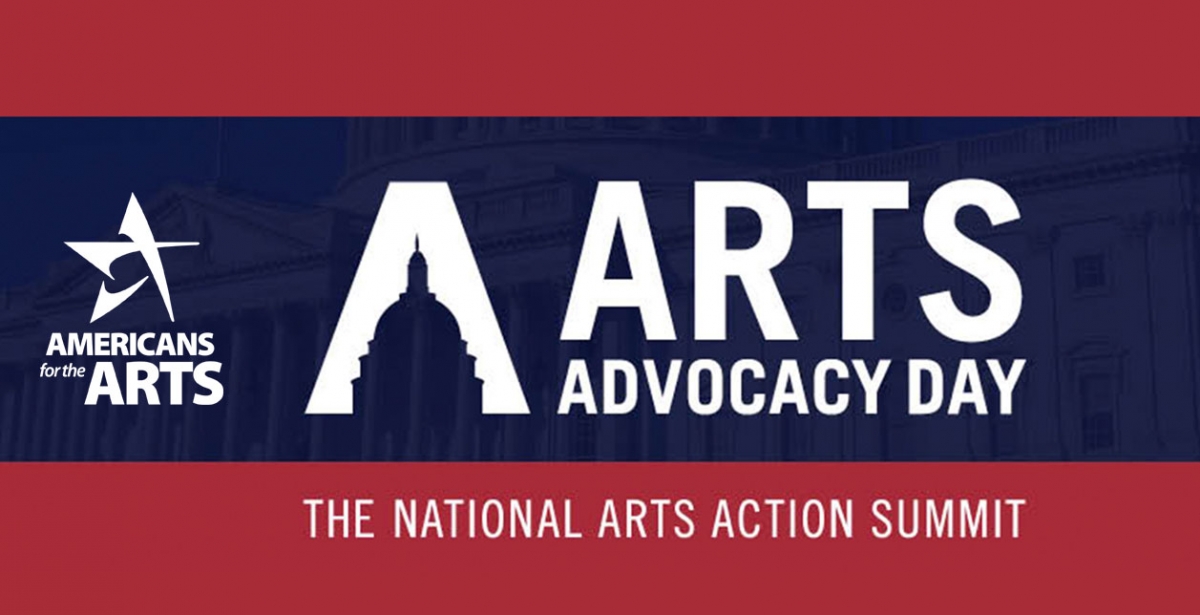
Join the National Music Council on Capitol Hill as arts advocates from across the country convene in Washington, D.C. Arts Advocacy Day brings together a broad cross section of America’s cultural and civic organizations, along with more than 500 grassroots advocates from across the country, to underscore the importance of developing strong public policies and appropriating increased public funding for the arts.
NATIONAL MUSIC COUNCIL LETTER TO CONGRESS FOR ARTS ADVOCACY DAY 2018
The members of the National Music Council, who together represent some one million individuals, are unified in a commitment to support music education. We know how much a balanced, sequential education that includes music can bring to the development of our young people. We have all, individually and collectively, seen the impact that music education has on the social, physical, and intellectual growth of students. We have all watched with growing interest the explosion of research that backs up our long-held belief in the essential importance of music education.
Sadly, we have also seen the growth of forces that stand in the way of every child receiving the benefits of music education. Sometimes these forces are political; sometimes they are budgetary; and sometimes they are simply administrative. In all cases, however, they can be easily overcome with a simple commitment (reflected in legislation and in funding) to providing our children with the benefits of music education.
In light of this, we ask your commitment for the following legislative recommendations:
- Eliminate sequestration caps to improve the federal investment on education and allocate robust funding to key education initiatives from ESSA, including all “Well- Rounded Education” programs.
- Fully fund all aspects of ESSA through the appropriations process for both FY18 and FY19, including Title IV, Part A. In this funding and in all aspects of ESSA, maintain a focus on equity and access for every child in our diverse student populations to ensure that they receive a full and well-rounded education.
- Include grants and loan forgiveness provisions for teachers in any Higher Education Act reauthorization, and better align the law with ESSA’s commitment to a well-rounded education.
- Fund the Fast Response Survey System (FRSS) in music and arts education for the 2019-2020 school year. FRSS is the best tracking of student access and participation to music and arts education at the national level.
- Preserve and support the National Endowment for the Arts, a federal agency that provides supplemental funding in support of high quality arts programming, including programming that complements in- school music education provided by our nation’s music educators.
We will all benefit from these measures: the music industry, which contributes significantly to our national economy; professional performers, who add immeasurably to our communities; composers, arrangers, and publishers, who bring the riches of creation to our national life; and most of all, our children. We thank you for your consideration of these important goals, which will benefit not only our children, but will ultimately increase the creative output of American composers and musicians to the betterment of not only the social fabric of the United States, but also the economy.
Founded in 1940 and chartered by the 84th Congress in 1956, the National Music Council is in a unique position to assist in these matters. We offer our collective expertise in providing you with any documentation or information that might serve you, and our gratitude for your support.
